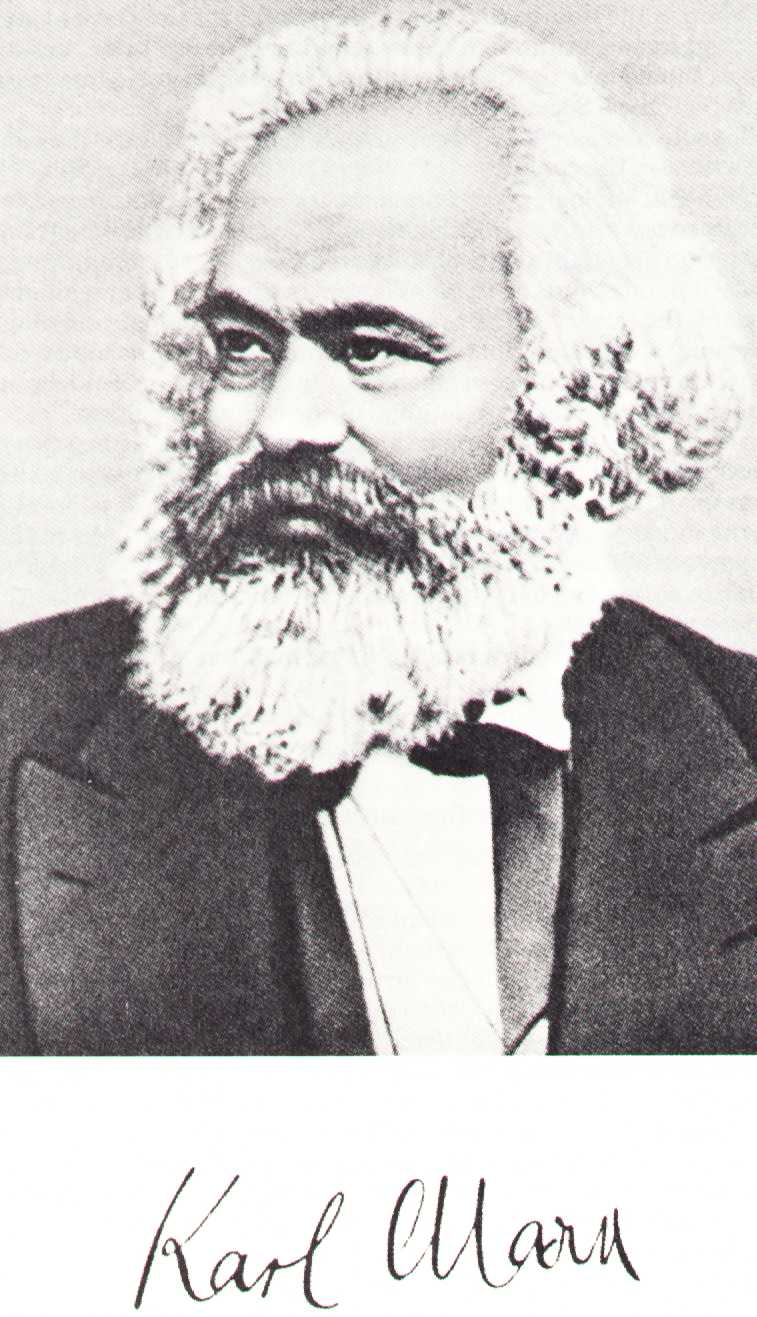

Karl Marx was a revolutionary German political and economic philosopher. He was famous for writing treatise on the collapse of capitalism and rise of communism, the Communist Manifesto and Das Kapital. In Marx’s funeral, Engels declared two great discoveries that Marx had made, they were the Law of Development of Human History and the Motion of Bourgeois Society. The laws reflected the way Marx examined problems he encountered, by looking in the dynamic relation and related them to historical, social, political and economic realities. He believed that people should be rewarded for their work and effort, unlike the bourgeoisie, who exploited the proletariat to increase their material wealth. His ideal society was a society without private property, a society that would remain self-sufficient and no need of government leaders, and no property or material wealth was necessary. Education and jobs would be supplied to everyone, and people would be supported by the society according to the amount of work they did.
Friedrich Engels, German socialist philosopher, he was the closest collaborator of Karl Marx in the foundation of modern socialism. He joined Marx in 1845 and shared his knowledge on newly formulated economic interpretation of history. Although the Marx-Engels correspondence revealed a close cooperation in formulating Marxism, some said that Engels’ influence distorted the true view of Marx. He assisted Marx in writing the Communist Manifesto in 1848 and edited Marx’s Das Kapital in 1883, he also wrote many of his own treatise on socialism such as The Condition of the Working Class in England in 1844.
Excerpt of the Communist Manifesto in four parts:
Part 1
Part 2
Part 3
Part 4